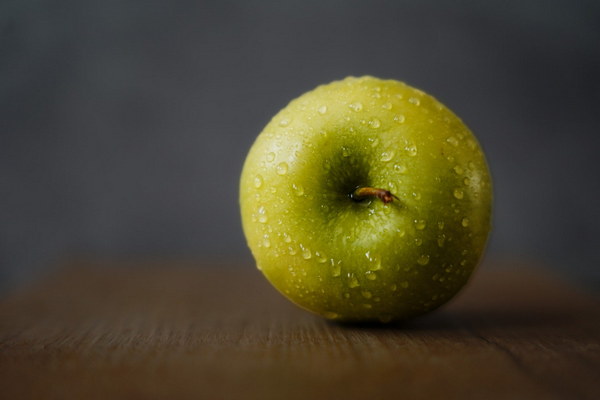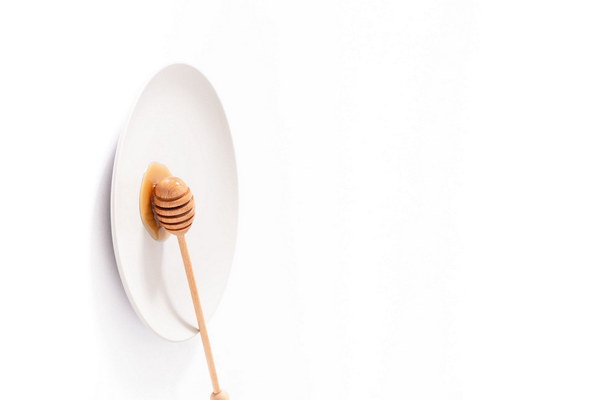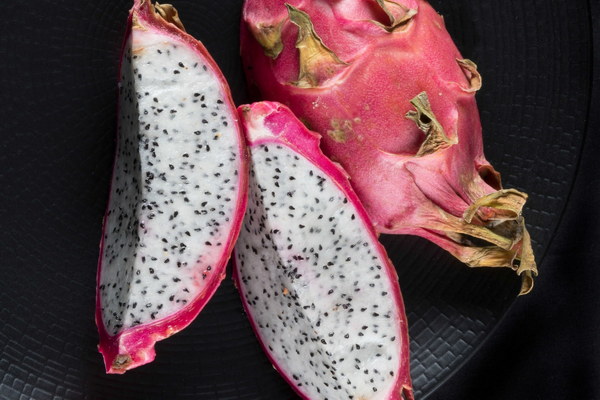PostMenstrual Kidney Care How to Nourish Your Kidneys After Your Period
After the menstrual cycle, it's important to take care of your kidneys as they play a crucial role in maintaining your overall health. The post-menstrual period is a great time to focus on kidney care, as this is when your body is in a state of recovery and renewal. Here are some tips on how to nourish your kidneys after your period.
1. Stay Hydrated
One of the most important aspects of kidney health is staying hydrated. Drinking plenty of water helps flush out toxins and waste products from the kidneys, reducing the risk of kidney stones and other kidney-related issues. Aim to drink at least 8 to 10 glasses of water daily, especially during the post-menstrual period when your body needs extra hydration.
2. Follow a Kidney-Friendly Diet
A balanced diet can greatly impact your kidney health. Include plenty of fruits, vegetables, whole grains, lean proteins, and healthy fats in your diet. Avoid high-sodium foods, as excessive salt can strain your kidneys. Additionally, limit the intake of processed foods, sugary drinks, and excessive caffeine, as these can contribute to kidney damage.
3. Regular Exercise
Physical activity helps improve blood circulation, which is essential for kidney function. Engaging in regular exercise, such as walking, jogging, or yoga, can help maintain a healthy weight and reduce the risk of kidney disease. Aim for at least 150 minutes of moderate aerobic exercise or 75 minutes of vigorous aerobic exercise per week.
4. Get Adequate Sleep
Sleep is crucial for overall health, including kidney function. Aim for 7 to 9 hours of quality sleep per night. Poor sleep can lead to increased stress hormones, which can strain the kidneys. Establishing a relaxing bedtime routine, such as reading or taking a warm bath, can help you fall asleep more easily.
5. Manage Stress
Chronic stress can have a negative impact on kidney health. Find healthy ways to manage stress, such as practicing mindfulness, meditation, or deep-breathing exercises. Engaging in activities you enjoy, such as hobbies or spending time with loved ones, can also help reduce stress levels.
6. Avoid Smoking and Limit Alcohol Consumption
Smoking and excessive alcohol intake can damage the kidneys and increase the risk of kidney disease. Quitting smoking and limiting alcohol consumption can significantly improve kidney health and reduce the risk of kidney-related issues.
7. Regular Check-ups

Regular medical check-ups are essential for monitoring kidney health. Your doctor can perform blood and urine tests to assess kidney function and detect any potential issues early. Don't hesitate to seek medical advice if you experience symptoms such as swelling in the legs, ankles, or feet, changes in urine color, or persistent fatigue.
8. Consider Supplements
While a balanced diet should provide most of the necessary nutrients, some individuals may benefit from kidney-friendly supplements. Consult with your doctor before taking any supplements, as certain supplements may not be suitable for people with kidney issues. Popular kidney-friendly supplements include omega-3 fatty acids, vitamin D, and magnesium.
In conclusion, post-menstrual kidney care is essential for maintaining overall health and preventing kidney-related issues. By staying hydrated, following a kidney-friendly diet, engaging in regular exercise, managing stress, avoiding smoking, limiting alcohol consumption, and seeking regular medical check-ups, you can support your kidneys during this critical time. Remember, taking care of your kidneys is an ongoing process, and maintaining these healthy habits can lead to a healthier, happier life.









